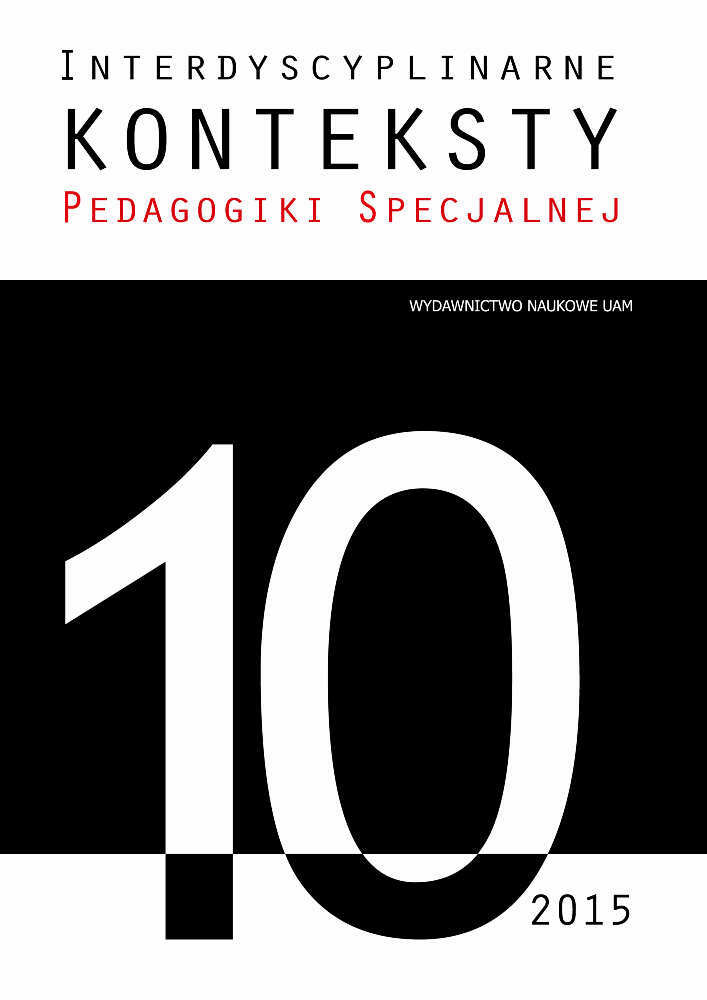No. 10 (2015)
Published 2017 October 26
INTRODUCTION
ARTICLES
15-32
33-49
51-71
73-87
89-110
111-126
127-153
155-180
ARTYKUŁ OBCOJĘZYCZNY
CONFERENCE RAPORTS
217-219
220-222
